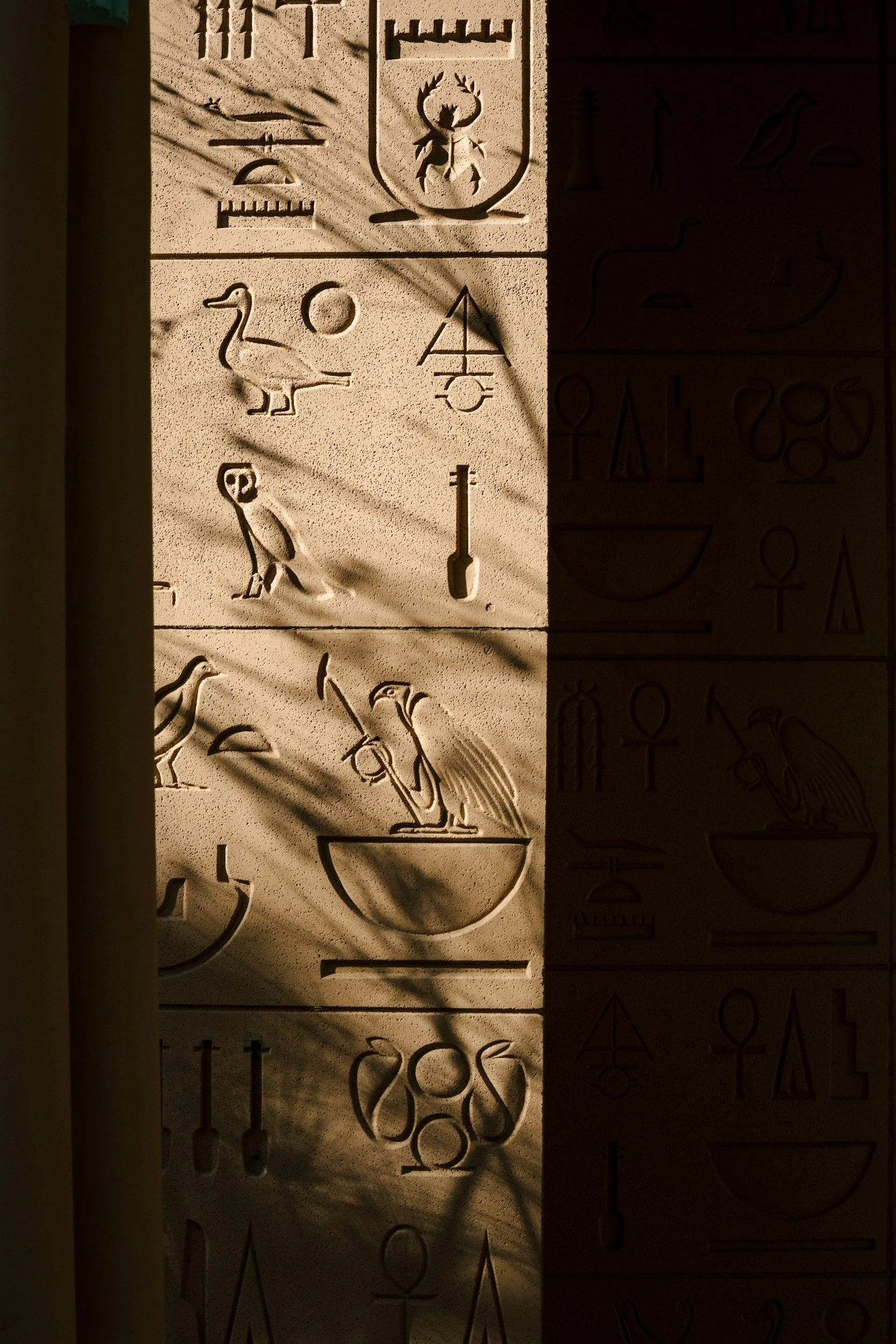Is Ekwensu the Devil? Yes or No
When it comes to spiritual entities and deities, very few have been as misunderstood in cross-cultural exchange as Ekwensu of Igbo cosmology. Commonly misinterpreted as the Christian Devil in Western discourse, Ekwensu's actual role and significance within Igbo spirituality are far more sacred, complex and nuanced.
Here, we will attempt to clarify these misconceptions by exploring the origins of Ekwensu, the etymology of the word "devil," and how cultural misunderstandings have shaped our interpretation of these spiritual figures.
Origins of the Word "Devil"
The word "devil" derives from the Greek "diabolos," which means "slanderer" or "accuser." In Christian theology, the Devil is seen as the embodiment of evil, a fallen angel who opposes God and is responsible for temptation and sin.
This figure appears in various forms in the scriptures and has been a central figure in Christian teachings about morality and evil.
Who is Ekwensu in Igbo Cosmology?
Ekwensu, usually erroneously equated with the Christian Devil, is a significant figure in Igbo spirituality, but not in the sense of embodying pure evil.
Ekwensu is traditionally seen as a god of war and a trickster among other things, known for its prowess in bargaining and trade. It is a dynamic multilayered force, associated with chaos and change, which are necessary for progress and evolution.
God of Bargaining and War: Ekwensu's primary role involves negotiation and the strife that can come from human interactions. It is invoked by warriors, traders, and others who seek success in endeavors that involve conflict or negotiation.
Trickster Figure: Like many trickster deities found in various cultures, Ekwensu is neither good nor evil but embodies the qualities necessary to challenge the status quo and provoke thought and change. Its actions cause reflection, learning, and can lead to better understanding and innovation.
Agent of Balance and Change: In Igbo spirituality, Ekwensu is essential for maintaining balance. It prevents stagnation and promotes the continuous evolution of the universe by initiating challenges and disruptions.
Cultural Misinterpretations
The mislabeling of Ekwensu as the Devil stems from early European Christian missionaries in Africa who, upon encountering the Igbo spiritual system, interpreted its deities through the lens of Christian cosmology.
Lacking a direct equivalent in their own religious framework, they saw Ekwensu's chaotic attributes as aligning with their concepts of the Devil. This misinterpretation overlooks the complex role that such entities play in their native religions and the cultural contexts that define them.
The Impact of Cultural Context on Spiritual Entities
Viewing Ekwensu solely as a malevolent figure ignores the broader ancestral Igbo beliefs about the balance between benevolent and malevolent forces.
Each spiritual entity has a role that contributes to the greater cosmic balance and should be understood within that context.
The Igbo worldview accommodates a spectrum of moral and amoral qualities in its spiritual beings, each of them adds to the rich knowledge system Igbo cosmology provides.
In Conclusion
Ekwensu is not the Devil in the sense understood by Christian theology, instead, it is a multifaceted deity whose role encompasses aspects of war, negotiation, and trickery.
This force serves as a reminder of the complexity of spiritual systems and the dangers of interpreting them through an alien cultural lens.
Understanding Ekwensu within the Igbo context allows for a richer appreciation of Igbo spirituality and its sophisticated approach to the interplay of different forces in the universe.
This misinterpretation also highlights the need for cultural sensitivity and accuracy when translating spiritual concepts between different cultures.
Tell us what you know about Ekwensu in the comment section below, we would like to hear from you.
Yagazie!
Recommended Resources:
Ekwensu as Ora Obala in Afa | Odinani Mystery School
Exploring Ekwensu | Tochukwu Awachie (Article)
THE NOTION OF SATAN/EKWENSU: A COMPARATIVE STUDY OF WESTERN AND AFRICAN (IGBO) THOUGHTS | Ejikemeuwa J. O. NDUBISI (Article)
Ekwensu Explained - Igbo Spirituality | Medicine Shell (YouTube)












